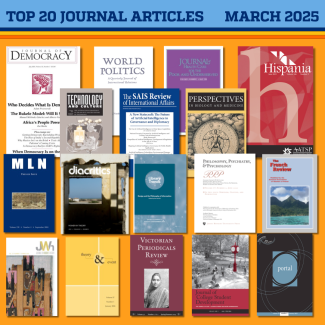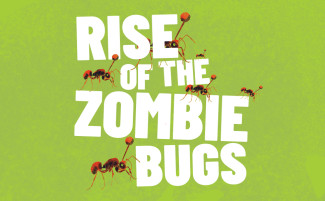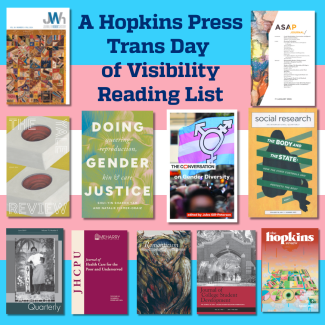
A Mental Health Checklist

Mental Health Awareness Month is celebrated every May. This month, take some time to check in with your own mental health and check in to see how your loved ones, coworkers, and neighbors are feeling too. Below is a checklist of ten ideas for how to improve your well-being from some of our mental health and wellness books.
Treat yourself as you would a friend to cultivate self-compassion. If a friend is feeling shame or guilt about a situation or experiencing low self-esteem, how would you respond to them? You can even write down your response to them. How does it feel reading these words aloud for your own situation? (from Courageous Well-Being for Nurses)
Neuroplasticity is “the brain’s ability to adjust, flex, reorganize itself, and form new connections and pathways in response to learning and repetition.” Enhance the neuroplasticity in your brain by exercising regularly, engaging in hobbies, and practicing relaxation and self-care through activities like meditation. (from Healing the Traumatized Brain)
Seek empowerment through advocacy, activism, and volunteering. These empowering practices help develop a sense of empathy, commitment, and passion that can help your mental health and improve your community. (from Courageous Well-Being for Nurses)
Practice good sleep hygiene by establishing a regular schedule that you stick to on weekdays and weekends, developing a relaxing bedtime routine, and avoiding eating food or drinking caffeine too close to bedtime. (from Courageous Well-Being for Nurses)
Eat a healthy diet with a good balance of omega-3 and omega-6 fatty acids. An imbalance of these acids has been shown to exacerbate inflammation in the body, which is connected with a host of physical and mental problems. (from Omega Balance)
Keep an eye out for symptoms of anxiety and panic attacks, which can include racing thoughts, shortness of breath, quickening heart rate, and sweaty palms. Practice grounding activities, breathing techniques, meditation, and guided imagery practice when you’re feeling anxious. (from Man Kind)
If you work from home, ensure that you’re enforcing boundaries between work and home to avoid burnout. Avoid Zoom fatigue by: avoiding multitasking, building in breaks in your schedule, not scheduling back-to-back virtual meetings, and disconnecting from technology regularly. (from Reconnecting After Isolation)
Consider seeking professional help. There are a multitude of therapy modalities that can help you on your mental health journey, including: exposure therapy, Dialectical Behavioral Therapy (DBT), Cognitive Behavioral Therapy (CBT), Acceptance and Commitment Therapy (ACT), mindfulness therapy, behavioral activation, and more. (from Reconnecting After Isolation)
Give yourself permission to grieve and truly feel your emotions like anger, sadness, and anxiety. The COVID-19 pandemic has caused enormous losses and trauma, and it will take a long time and concerted efforts to process this global ongoing event. (from Reconnecting After Isolation)
Cultivate connections with people in different communities to strengthen your support networks: at home, at work, in your neighborhood, and online. Make sure to also connect with yourself by exploring nature, pursuing your passions and interests, and exercising your creativity. (from Unraveling Faculty Burnout)


